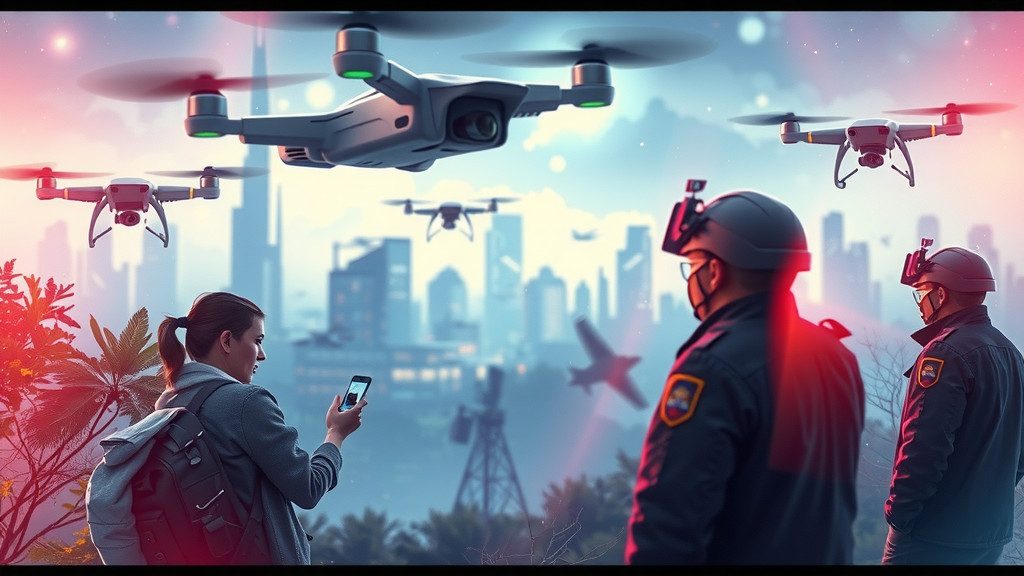Artificial Intelligence (AI) is no longer a futuristic concept but a present-day reality that is reshaping industries, driving innovation, and raising critical questions about its societal impact.
AI Revolutionizing B2B Payment Workflows
In the B2B sector, AI is making significant strides in transforming payment workflows. CFOs and finance teams are leveraging AI to enhance cash flow management, automate repetitive tasks, and improve fraud prevention. For instance, generative AI (GenAI) is providing predictive insights that allow businesses to forecast cash needs and optimize payment terms more accurately. However, the successful implementation of AI in B2B payments relies heavily on the quality and accuracy of the data used to train these models. Ensuring access to high-quality data and integrating AI solutions with existing systems are crucial for realizing their full potential.
AI in Retail: Personalized Shopping and Security Concerns
AI is also making waves in the retail sector, enabling personalized shopping experiences and enhancing security measures. New research shows that AI can navigate computer interfaces through voice commands to handle eCommerce transactions, making online shopping more intuitive. Additionally, AI replicas of consumers can match human responses with 85% accuracy, aiding market research by simulating focus groups. However, security remains a significant concern, as demonstrated by an AI crypto game bot being tricked into an unauthorized transfer of $47,000. This incident highlights the vulnerability of AI to social engineering and the need for human oversight in financial transactions.
AI in Law Enforcement: Enhancing Manhunts
Law enforcement agencies are increasingly turning to AI to solve crimes, particularly in high-profile cases. The NYPD's use of AI-powered facial recognition software and an extensive network of surveillance cameras has proven invaluable in the manhunt for the assassin of United Healthcare CEO Brian Thompson. These technologies allow police to analyze footage in real-time, identify potential suspects, and track their movements. However, the effectiveness of facial recognition can be limited by factors such as low light or bad weather conditions, and the technology must be used in conjunction with traditional police work.
AI and Education: Expanding Access to Knowledge
AI is also making its mark in the education sector, with institutions like DMACC planning to expand AI education programming through new mentorship opportunities. By integrating AI into educational curriculums, these institutions aim to equip students with the skills needed to thrive in a technology-driven world. This move underscores the growing recognition of AI's potential to democratize access to knowledge and skills, preparing the workforce for future technological advancements.
Key Takeaways
- AI is transforming B2B payment workflows by enhancing cash flow forecasting, automating repetitive tasks, and improving fraud prevention.
- In retail, AI is enabling personalized shopping experiences and raising security concerns, particularly around the vulnerability of AI to social engineering.
- Law enforcement agencies are increasingly using AI, including facial recognition and surveillance cameras, to solve crimes.
- AI is also being integrated into educational programs, expanding access to knowledge and skills for future technological advancements.
As AI continues to evolve, it is essential for businesses, governments, and educational institutions to navigate its challenges and harness its potential responsibly.
Sources
- The 5 Biggest Impacts of AI Across B2B Payment Workflows
- AI Opens Door for Retailers to Gather Insights and Drive Spending
- How NYPD is using AI, drones, DNA and cutting-edge tech in the manhunt for United Healthcare CEO Brian Thompson’s assassin
- AI Visual Search Apps Seek to Drive ‘See
- Heroku's Agentforce enables businesses to build their own workflows

Comments
Please log in to post a comment.